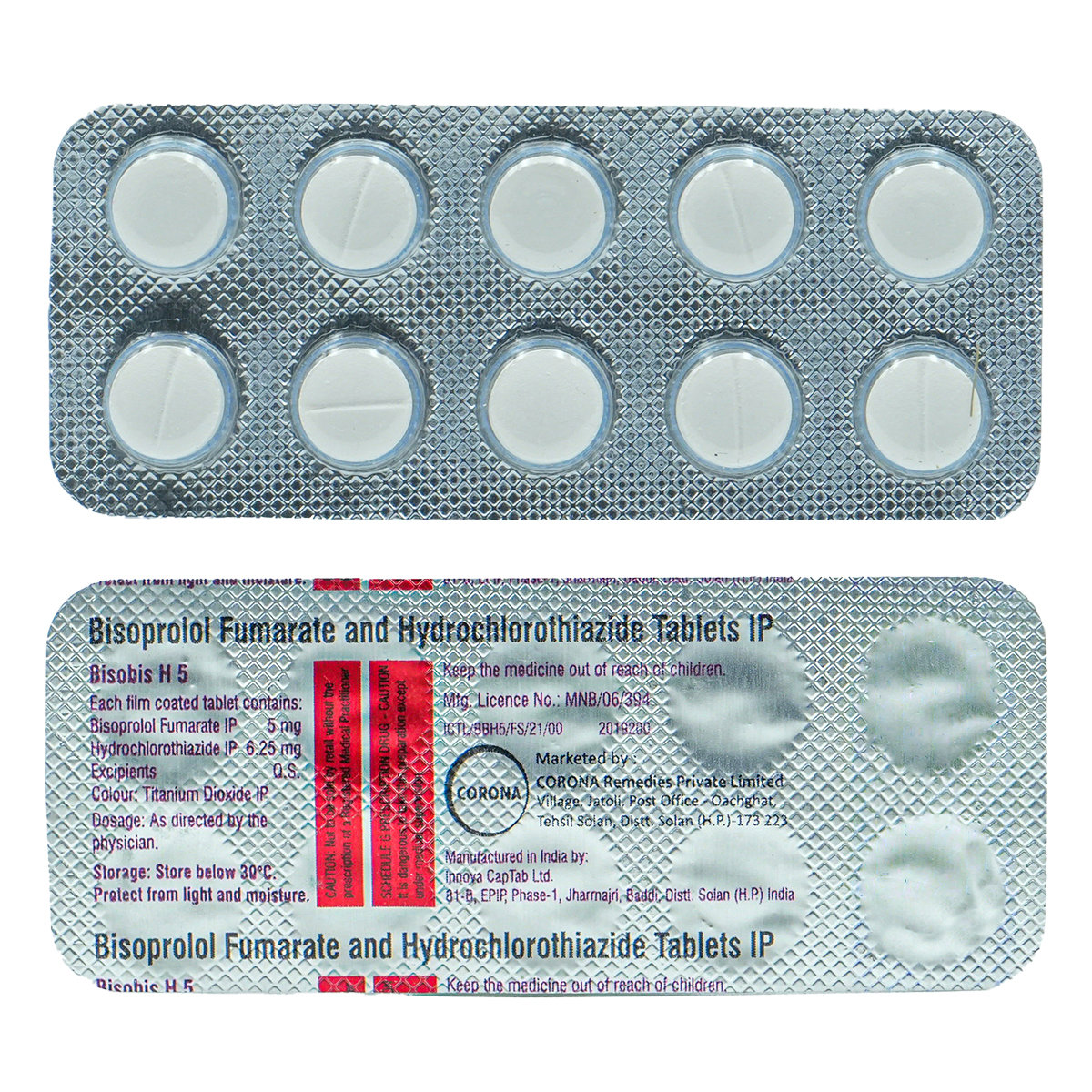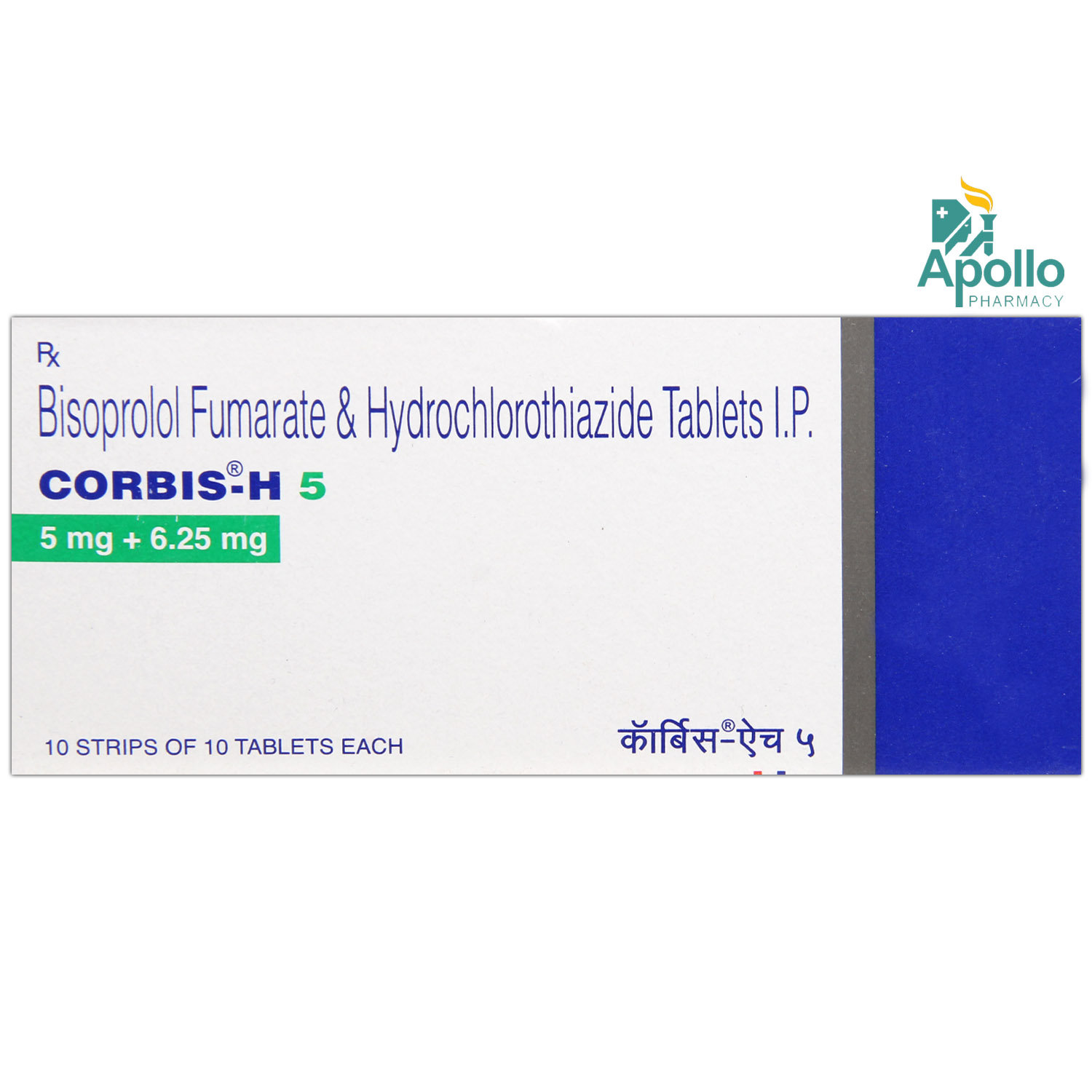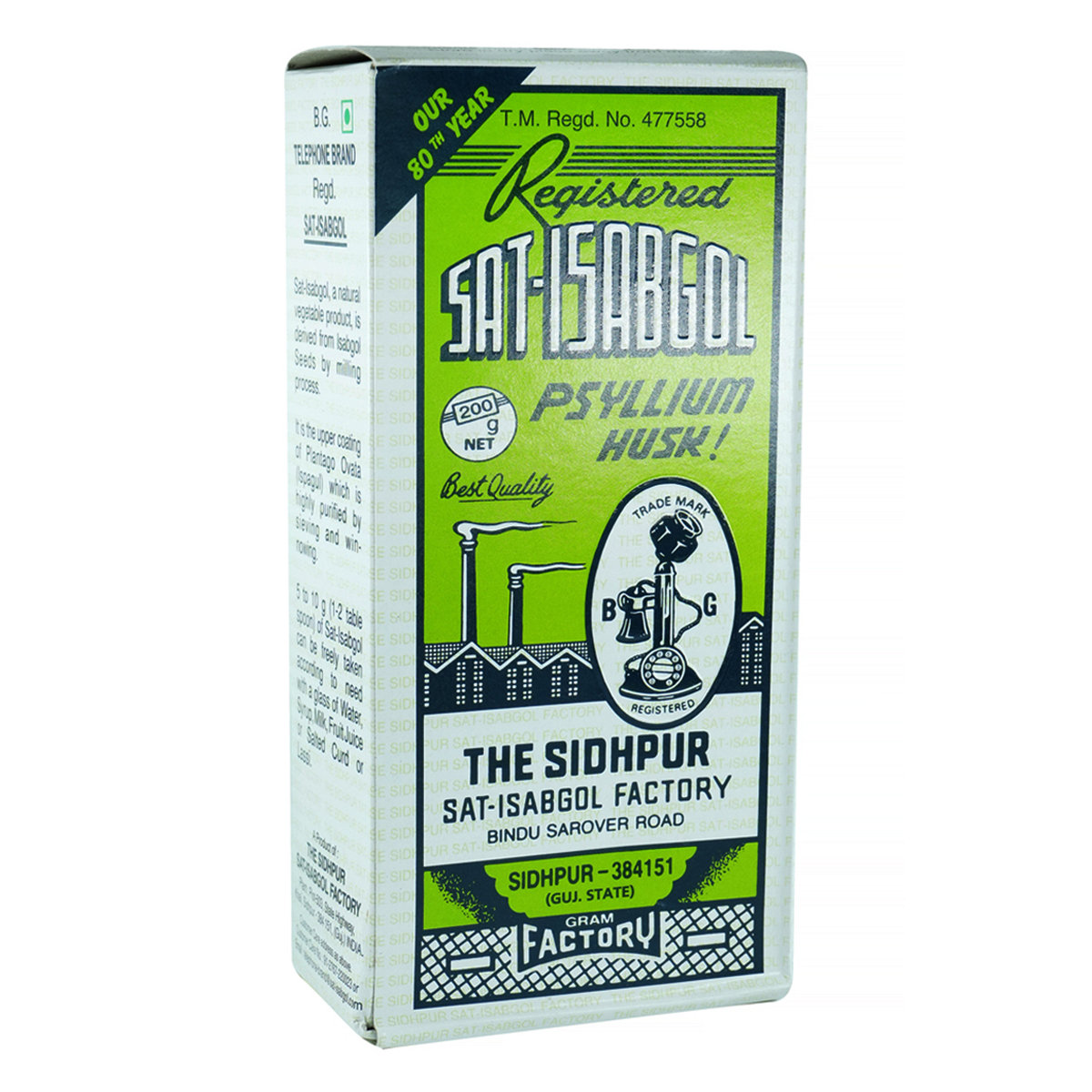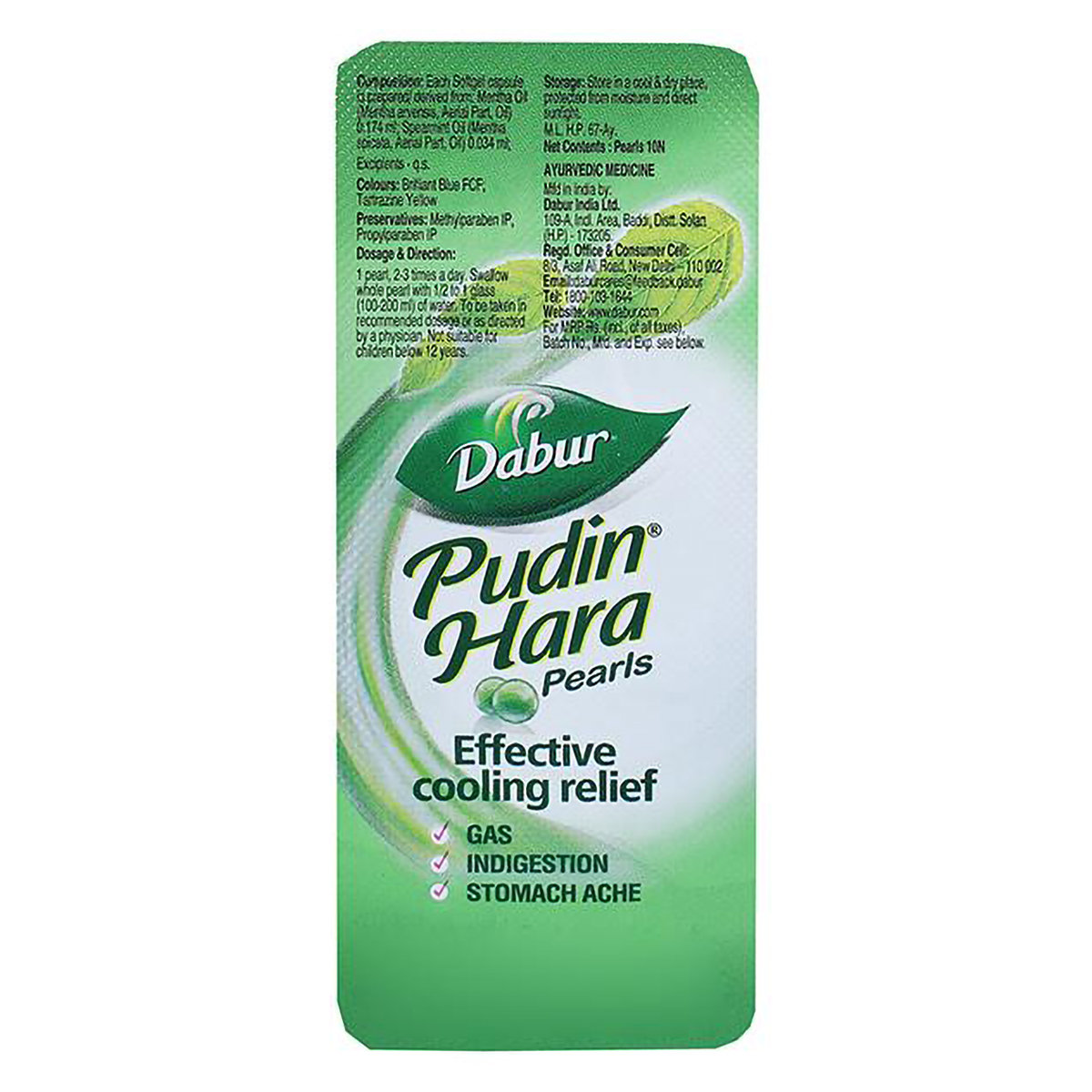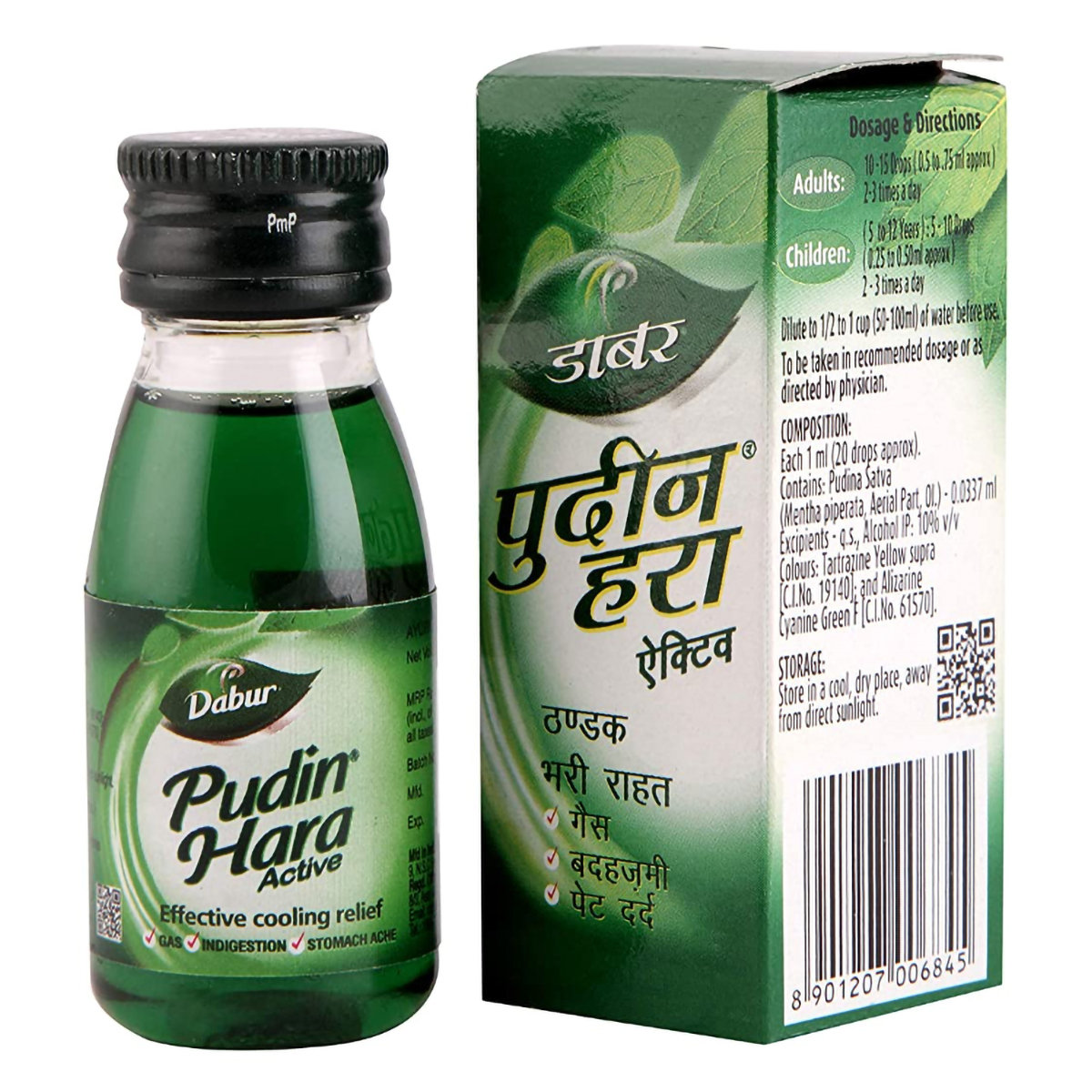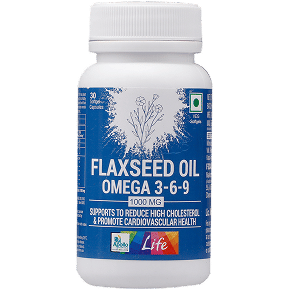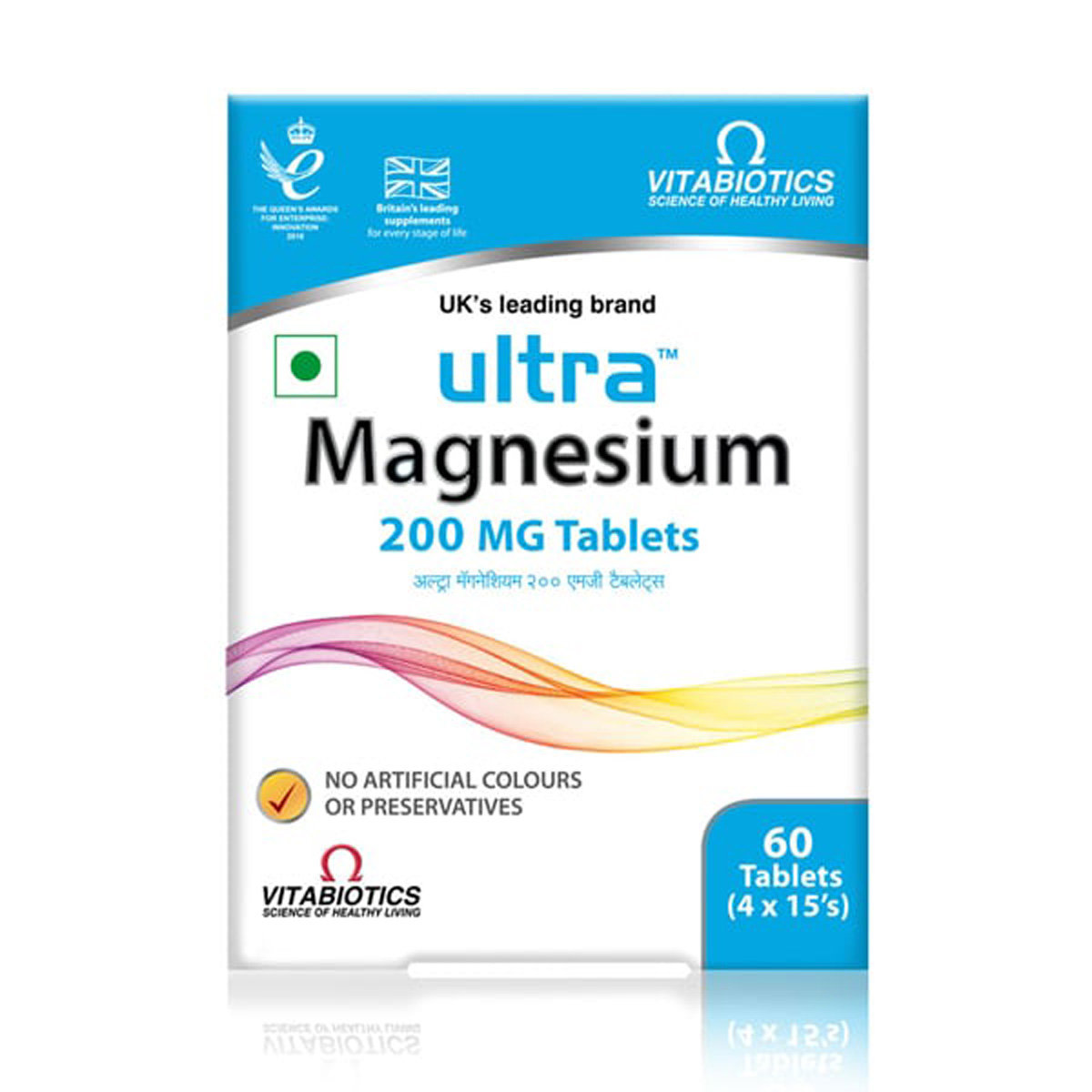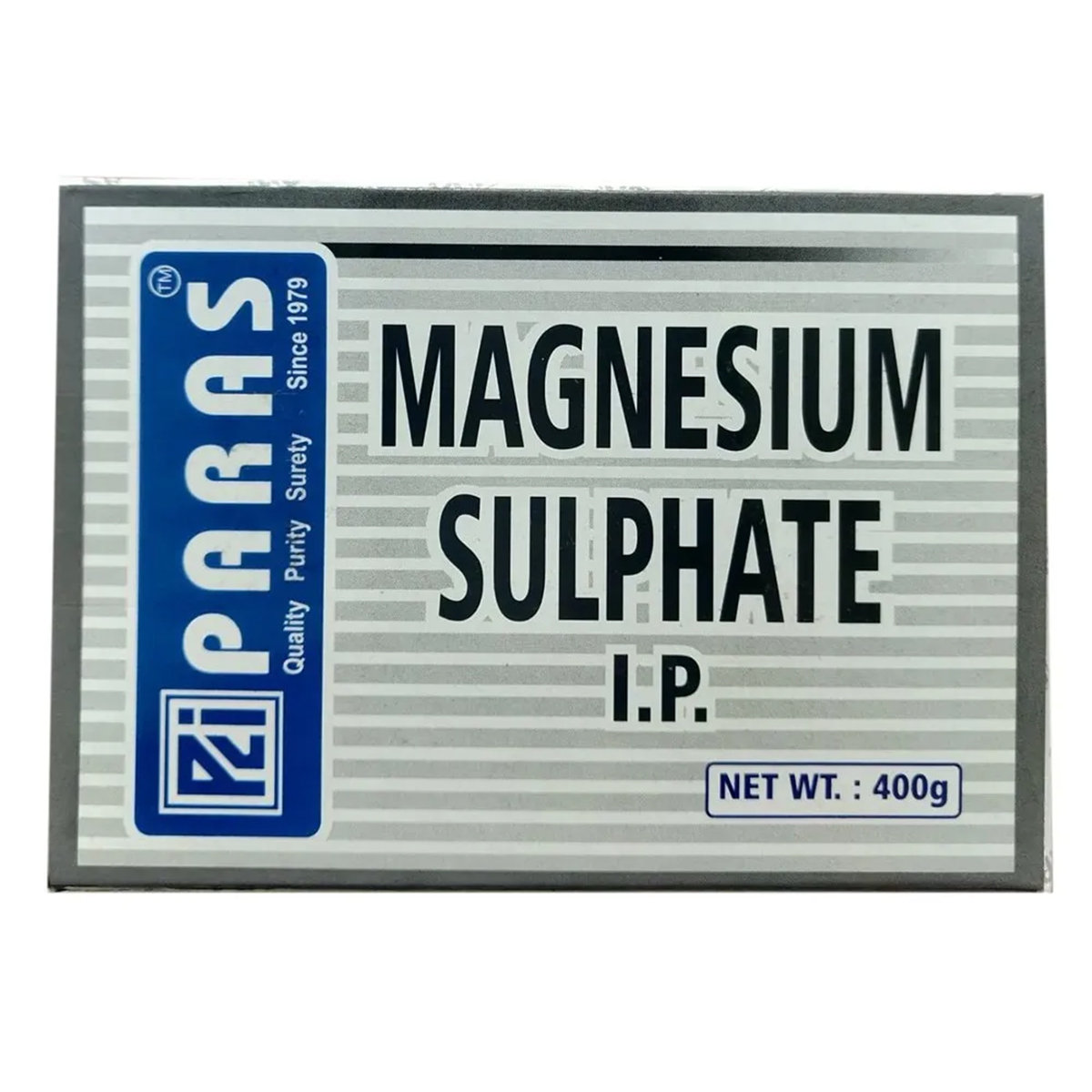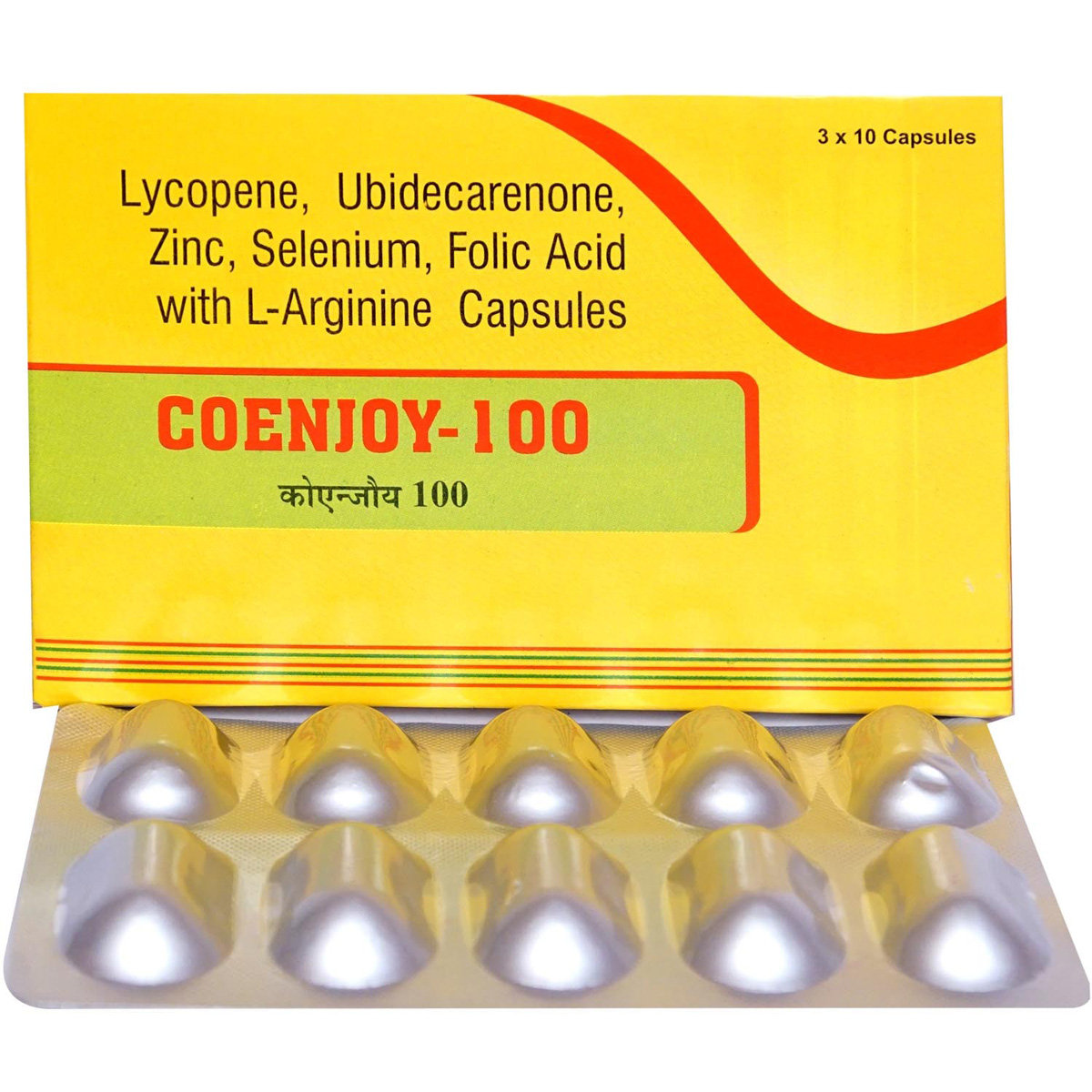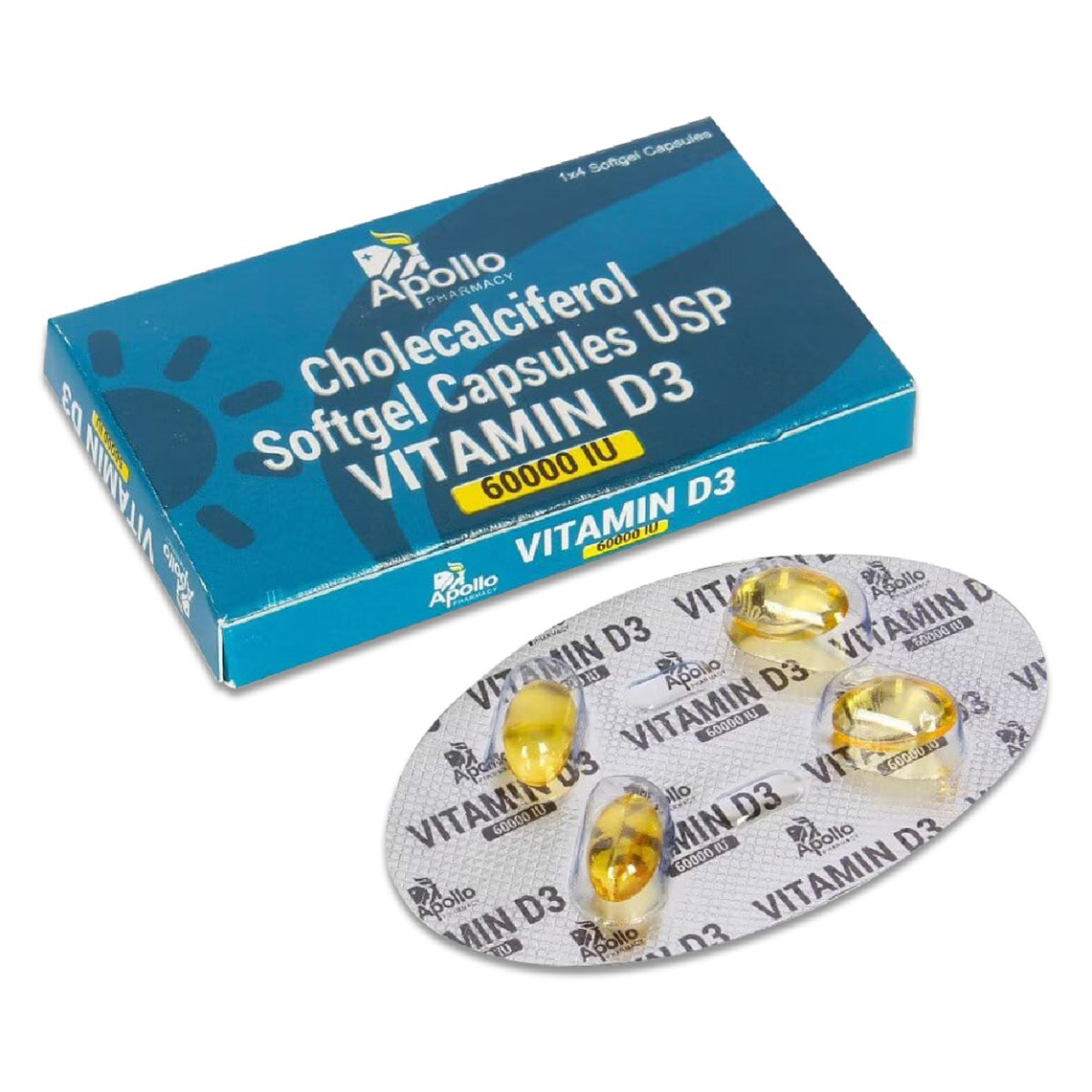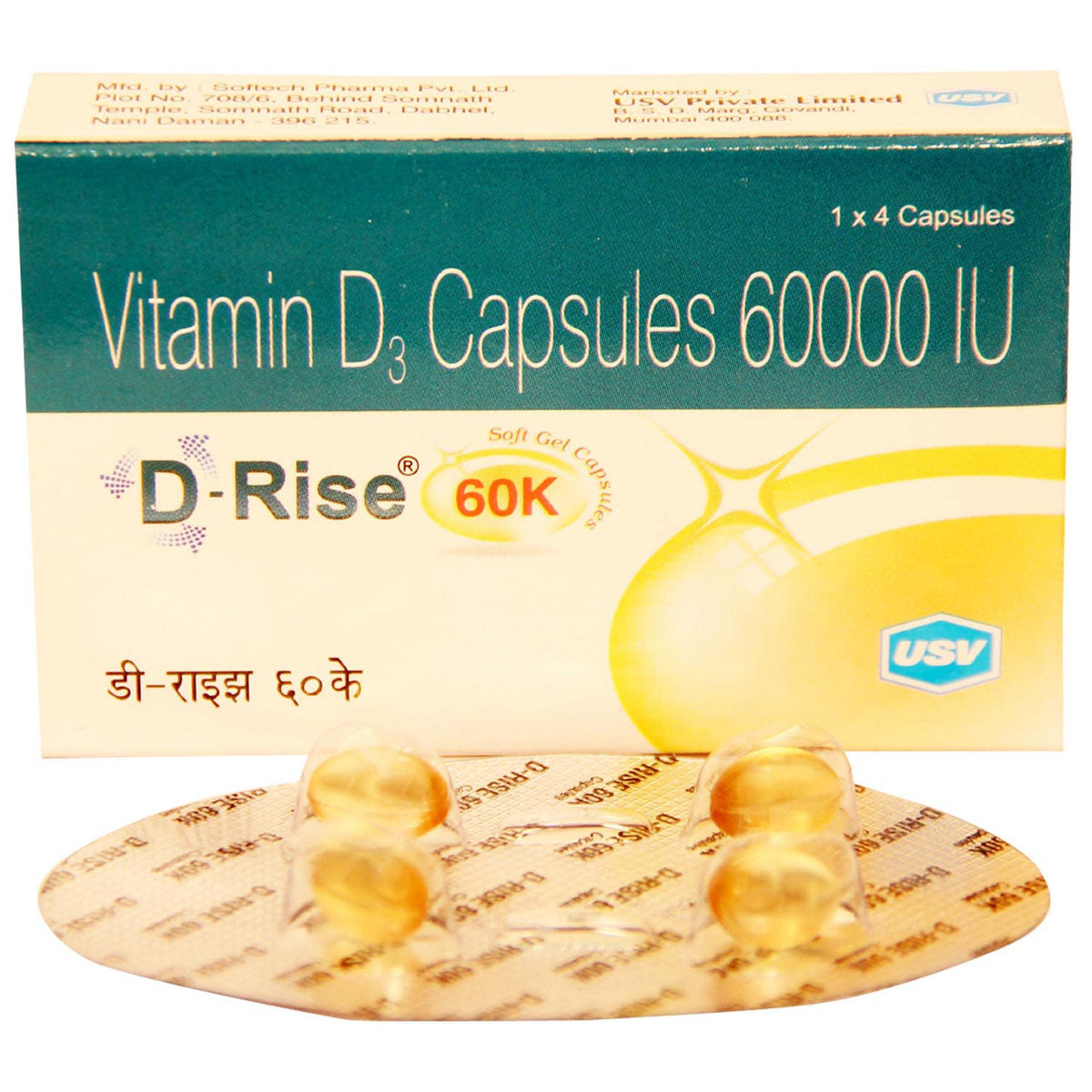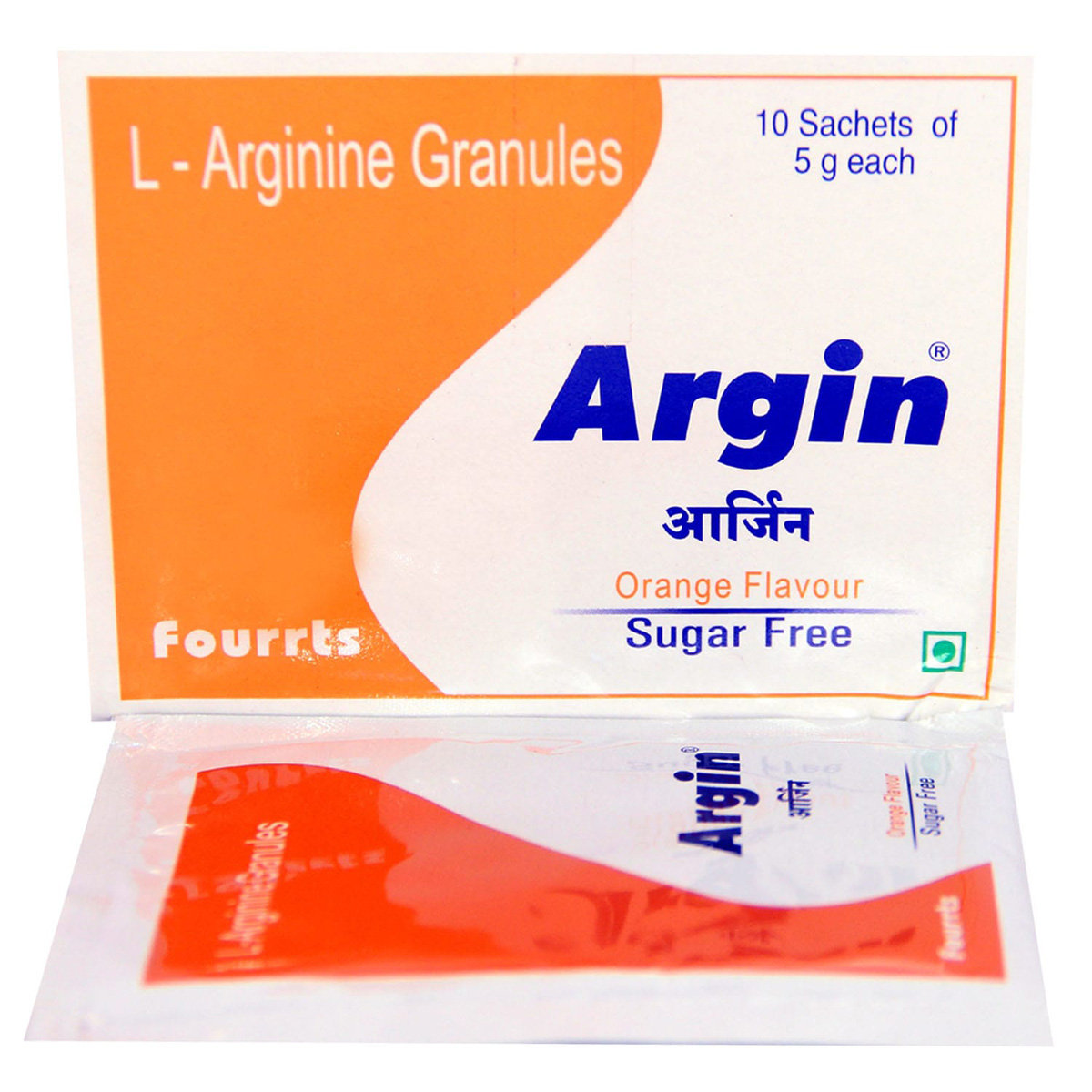Bisolol H5 Tablet

MRP ₹70
(Inclusive of all Taxes)
₹10.5 Cashback (15%)
know your delivery time
Provide Delivery Location
Composition :
Manufacturer/Marketer :
Consume Type :
Expires on or after :
Return Policy :

Secure Payment

Trusted by 8 Crore Indians

Genuine Products
Therapeutic Class
Country of origin
Manufacturer/Marketer address
Disclaimer
Alcohol
Safe if prescribed
You are recommended not to consume alcohol along with Bisolol H5 Tablet to avoid unpleasant side-effects.
Pregnancy
Consult your doctor
It is not known whether this Bisolol H5 Tablet will harm an unborn baby. Inform your doctor if you are pregnant or plan to become pregnant.
Breast Feeding
Consult your doctor
Bisolol H5 Tablet can pass into breast milk and may harm to new-born babies. You should not breast-feed while using this Bisolol H5 Tablet .
Driving
Safe if prescribed
It is not recommended to drive after taking Bisolol H5 Tablet as it may occasionally cause drowsiness or fatigue.
Liver
Consult your doctor
Bisolol H5 Tablet to be taken with caution, especially if you have a history of liver diseases/conditions. Your doctor may adjust your dose depending upon your current liver conditions.
Kidney
Consult your doctor
Bisolol H5 Tablet to be taken with caution, especially if you have a history of Kidney diseases/conditions. Your doctor may adjust your dose depending upon your current kidney conditions.
Children
Safe if prescribed
Bisolol H5 Tablet is not recommended for children below 18 years. So, it is not safe for children.
Product Substitutes
About Bisolol H5 Tablet
Bisolol H5 Tablet is a combination of blood pressure-lowering medicine, primarily used to treat high blood pressure. Bisolol H5 Tablet contains bisoprolol (beta-blockers) and Hydrochlorothiazide (diuretics or water pills) which collectively lower blood pressure. Hypertension or high blood pressure is a chronic condition in which the force exerted by the blood against the artery wall is high. As a result, it leads to heart disease, irregular heartbeat, and other complications.
Bisolol H5 Tablet contains Bisoprolol and Hydrochlorothiazide. Bisoprolol (beta-blocker) helps in relaxing our blood vessels by blocking the action of certain natural substances in your body. This lowers your blood pressure and helps in reducing your risk of having a stroke, a heart attack, other heart problems, or kidney problems in the future. This medicine needs to be taken regularly to be effective. Hydrochlorothiazide (diuretic) works by increasing the amount of urine passed out from the kidneys. It effectively reduces excess fluid overload in the body and treats edema (swelling) associated with heart, liver, kidney, or lung disease. This reduces the heart's workload and makes the heart more efficient at pumping blood throughout the body. Thus, collectively, both help lower high blood pressure, reducing heart attack, or stroke chances.
Take Bisolol H5 Tablet as prescribed by your doctor. You are advised to take Bisolol H5 Tablet for as long as your doctor has prescribed it for you depending on your medical conditions. You may experience nausea, fatigue (tiredness), constipation, diarrhea, headache, dizziness, drowsiness, cough and slow heart rate. Most of these side effects of Bisolol H5 Tablet do not require medical attention and gradually resolve over time. However, if the side effects are persistent, reach out to your doctor.
Before starting Bisolol H5 Tablet , please inform your doctor if you have an allergy, heart disease, unable to pass urine, asthma, diabetes, thyroid, glaucoma (increased pressure on the eye cause vision loss), kidney and liver disease, and gout (severe pain and redness in joints). Immediately tell your doctor if you are pregnant or breastfeeding.
Uses of Bisolol H5 Tablet
Medicinal Benefits Mweb
Key Benefits
Bisolol H5 Tablet contains bisoprolol (beta-blockers) and Hydrochlorothiazide (diuretics or water pills) which collectively lower blood pressure. Bisoprolol helps in relaxing our blood vessels by blocking the action of certain natural substances in your body. This lowers your blood pressure and helps in reducing your risk of having a stroke, a heart attack, other heart problems, or kidney problems in the future. Hydrochlorothiazide works by increasing the amount of urine passed out from the kidneys. It effectively reduces excess fluid overload in the body and treats edema (swelling) associated with heart, liver, kidney, or lung disease. Thus, collectively, both help in lowering high blood pressure.
Directions for Use
Side Effects of Bisolol H5 Tablet
- Nausea
- Fatigue (tiredness)
- Constipation
- Diarrhea
- Headache
- Dizziness
- Drowsiness
- Cough
- Slow heart rate
Drug Warnings
Before starting Bisolol H5 Tablet , please inform your doctor if you have an allergy, heart disease, unable to pass urine, asthma, diabetes, thyroid, glaucoma (increase pressure of eye cause vision loss), kidney and liver disease, or problems with circulation (Raynaud’s syndrome), and gout (severe pain and redness in joints). Immediately tell your doctor if you are pregnant or breastfeeding. Do not stop this Bisolol H5 Tablet suddenly because it worsens the condition. Before having surgery or dental procedure that you are taking this Bisolol H5 Tablet .
Drug-Drug Interactions
Drug-Drug Interactions
Login/Sign Up
Taking Cisapride and Bisolol H5 Tablet can increase the risk of an irregular heart rhythm which can be severe. The risk increases in patients with a history of heart illness or electrolyte imbalance.
How to manage the interaction:
Combining Cisapride and Bisolol H5 Tablet together is generally avoided as it can possibly result in an interaction, it can be taken if advised by your doctor. However, if you experience any symptoms like dizziness, lightheadedness, fainting, or fast or pounding heartbeats, consult the doctor immediately. Do not stop using any medications without a doctor's advice.
Taking Dofetilide and Bisolol H5 Tablet can increase the risk of an irregular heart rhythm which can be severe. The risk increases in patients with a history of heart illness or electrolyte imbalance.
How to manage the interaction:
Combining Dofetilide and Bisolol H5 Tablet together is not recommended as it can possibly result in an interaction, it can be taken if advised by your doctor. However, if you experience any symptoms like sudden dizziness, lightheadedness, fainting, shortness of breath, chest pain or tightness, rapid heartbeat, or memory loss, contact your doctor immediately. Do not discontinue any medications without consulting a doctor.
Co-administration of Bisolol H5 Tablet with Propranolol may increase the risk or severity of adverse effects.
How to manage the interaction:
Although there may be an interaction, Bisolol H5 Tablet can be taken with propranolol if prescribed by your doctor. However, if you experience any unusual symptoms contact your doctor immediately. Do not stop using any medications without first talking to your doctor.
Co-administration of Bisolol H5 Tablet with Verapamil can lead to increased risk or severity of side effects.
How to manage the interaction:
Although there may be an interaction, Bisolol H5 Tablet can be taken with verapamil if prescribed by the doctor. Consult a prescriber if you experience headache, fainting, swelling of the extremities, weight gain, shortness of breath, chest pain, increased or decreased heartbeat, or irregular heartbeat. Do not discontinue any medications without a doctor's advice.
Taking Bisolol H5 Tablet with Carvedilol can increase the risk of low blood pressure and high potassium levels.
How to manage the interaction:
Although there is an interaction, Bisolol H5 Tablet can be taken with carvedilol if prescribed by the doctor. However, consult your doctor if you experience any lightheadedness, excessive sweating, or shortness of breath. Do not discontinue the medication without consulting a doctor.
Co-administration of Bisolol H5 Tablet with Dolasetron may increase the risk of an irregular heart rhythm that may be serious.
How to manage the interaction:
Although there may be an interaction, Bisolol H5 Tablet can be taken with Dolasetron if prescribed by the doctor. Consult the prescriber if you experience sudden dizziness, fainting, lightheadedness, or irregular heartbeat. Do not discontinue the medication without consulting a doctor.
When Bisolol H5 Tablet is combined with Atenolol the severity or risk of side effects may be increased.
How to manage the interaction:
Although there may be an interaction, atenolol can be taken with Bisolol H5 Tablet if prescribed by the doctor. Consult the prescriber if you experience any unusual side effects. Do not discontinue the medication without consulting a doctor.
Co-administration of Bisolol H5 Tablet and Tizanidine may increase the risk of low blood pressure.
How to manage the interaction:
Although there may be an interaction, Bisolol H5 Tablet can be taken with Tizanidine if prescribed by the doctor. If you experience headache, dizziness, lightheadedness, or palpitations. Do not discontinue the medication without consulting a doctor.
Co-administration of Bisolol H5 Tablet with Atazanavir may increase the risk of an irregular heart rhythm that may be serious.
How to manage the interaction:
Although there may be an interaction, Bisolol H5 Tablet can be taken with atazanavir if prescribed by the doctor. Consult the prescriber if you experience sudden dizziness, lightheadedness, fainting, or irregular heartbeat during treatment with these medicines, whether together or alone. Do not discontinue the medication without consulting a doctor.
Co-administration of Bisolol H5 Tablet with Lofexidine may have effects in lowering blood pressure.
How to manage the interaction:
Although there may be an interaction, Bisolol H5 Tablet can be taken with Lofexidine if prescribed by the doctor. Consult the prescriber if you develop headache, dizziness, lightheadedness, fainting, and/or changes in pulse or heart rate. Do not discontinue the medication without consulting a doctor.
Drug-Food Interactions
Drug-Food Interactions
Login/Sign Up
Drug-Diseases Interactions
Drug-Diseases Interactions
Login/Sign Up
Drug-Drug Interactions Checker List
- PRAZOSIN
- TERAZOSIN
- CLONIDINE
- ASPIRIN
- ROSIGLITAZONE
Habit Forming
Special Advise
Limit intake of sodium chloride (table salt) in your daily diet to 2300 mg per day or less than 1500 mg is ideal for most adults.
Diet & Lifestyle Advise
- Keep your weight under control with BMI (Body Mass Index) 19.5-24.9.
- Do regular physical activity or exercise for at least 150 minutes per week, or about 30 minutes most days of the week. Doing this can help you to lower your raised blood pressure by about 5 mm of Hg.
- Opt for a diet rich in whole grains, fruits, veggies, and low-fat dairy products.
- If you are taking alcohol then only one serving for women and two servings for men is advisable.
- Quitting smoking is the best strategy to lower the risk of heart disease.
- Avoid chronic stress as it can raise your blood pressure. Try to enjoy and spent time with your loved ones to cope with stress and practice mindfulness techniques.
- Monitor your blood pressure daily and if there is too much fluctuation then immediately contact your doctor.
- Try to include heart-healthy omega 3 fatty acids containing food drinks in your daily diet. You can also use low-fat cooking oil like olive oil, soybean oil, canola oil, and coconut oil can help in lowering your elevated blood pressure.
All Substitutes & Brand Comparisons
RX
Bisobis H 5 Tablet 10's
Corona Remedies Pvt Ltd
₹56.5
(₹5.09 per unit)
19% CHEAPERRX
Out of StockBisobis H 5mg/6.25mg Tablet
Corona Remedies Pvt Ltd
₹68
(₹6.12 per unit)
2% CHEAPERRX
Out of StockBisolet-H 5/6.25 Tablet
Innovative Pharmaceuticals Pvt Ltd
₹85.95
(₹7.74 per unit)
22% COSTLIER

Have a query?
Buy best Cardiology products by
Torrent Pharmaceuticals Ltd
Sun Pharmaceutical Industries Ltd
Lupin Ltd
Intas Pharmaceuticals Ltd
Cipla Ltd
Micro Labs Ltd
Macleods Pharmaceuticals Ltd
Abbott India Ltd
Ajanta Pharma Ltd
Ipca Laboratories Ltd
Eris Life Sciences Ltd
Mankind Pharma Pvt Ltd
Lloyd Healthcare Pvt Ltd
Dr Reddy's Laboratories Ltd
Glenmark Pharmaceuticals Ltd
Emcure Pharmaceuticals Ltd
Alembic Pharmaceuticals Ltd
Alkem Laboratories Ltd
East West Pharma India Pvt Ltd
USV Pvt Ltd
Zydus Healthcare Ltd
Aristo Pharmaceuticals Pvt Ltd
Elbrit Life Sciences Pvt Ltd
J B Chemicals & Pharmaceuticals Ltd
Zydus Cadila
Akumentis Healthcare Ltd
Alteus Biogenics Pvt Ltd
Hbc Life Sciences Pvt Ltd
Fusion Health Care Pvt Ltd
Troikaa Pharmaceuticals Ltd
La Renon Healthcare Pvt Ltd
Corona Remedies Pvt Ltd
Jubilant Lifesciences Ltd
Medley Pharmaceuticals Ltd
Knoll Healthcare Pvt Ltd
Msn Laboratories Pvt Ltd
Zuventus Healthcare Ltd
Cadila Pharmaceuticals Ltd
Blue Cross Laboratories Pvt Ltd
Lividus Pharmaceuticals Pvt Ltd
Morepen Laboratories Ltd
Ranmarc Labs
Shrrishti Health Care Products Pvt Ltd
Sanofi India Ltd
Steris Healthcare
Elder Pharmaceuticals Ltd
Primus Remedies Pvt Ltd
Unison Pharmaceuticals Pvt Ltd
Eswar Therapeutics Pvt Ltd
Knoll Pharmaceuticals Ltd
Tas Med India Pvt Ltd
Systopic Laboratories Pvt Ltd
Indiabulls Pharmaceuticals Pvt Ltd
Leeford Healthcare Ltd
Sinsan Pharmaceuticals Pvt Ltd
Biochem Pharmaceutical Industries Ltd
Cadila Healthcare Ltd
Azkka Pharmaceuticals Pvt Ltd
Nirvana India Pvt Ltd
Orsim Pharma
Prevego Healthcare & Research Pvt Ltd
Econ Healthcare
Elinor Pharmaceuticals (P) Ltd
FDC Ltd
Sunij Pharma Pvt Ltd
Nicholas Piramal India Ltd
Astra Zeneca Pharma India Ltd
Pfizer Ltd
Lia Life Sciences Pvt Ltd
Shine Pharmaceuticals Ltd
Elicad Pharmaceuticals Pvt Ltd
Indoco Remedies Ltd
Proqol Health Care Pvt Ltd
Vasu Organics Pvt Ltd
Biocon Ltd
Opsis Care Lifesciences Pvt Ltd
Johnlee Pharmaceuticals Pvt Ltd
Merck Ltd
Wockhardt Ltd
Auspharma Pvt Ltd
Ergos Life Sciences Pvt Ltd
Lakshya Life Sciences Pvt Ltd
Ordain Health Care Global Pvt Ltd
Pficus De Med Pvt Ltd
ALICAN PHARMACEUTICAL PVT LTD
RPG Life Sciences Ltd
Glynis Pharmaceuticals Pvt Ltd
Orris Pharmaceuticals
Samarth Life Sciences Pvt Ltd
Aprica Pharmaceuticals Pvt Ltd
Aretaeus Pharmaceuticals Pvt Ltd
Koye Pharmaceuticals Pvt Ltd
Neocardiab Care
Retra Life Science Pvt Ltd
Alniche Life Sciences Pvt Ltd
Alvio Pharmaceuticals Pvt Ltd
Arkas Pharma Pvt Ltd
Atos Lifesciences Pvt Ltd
Divine Savior Pvt Ltd
Metalis Lifesciences Pvt Ltd
Frequently Bought Together

